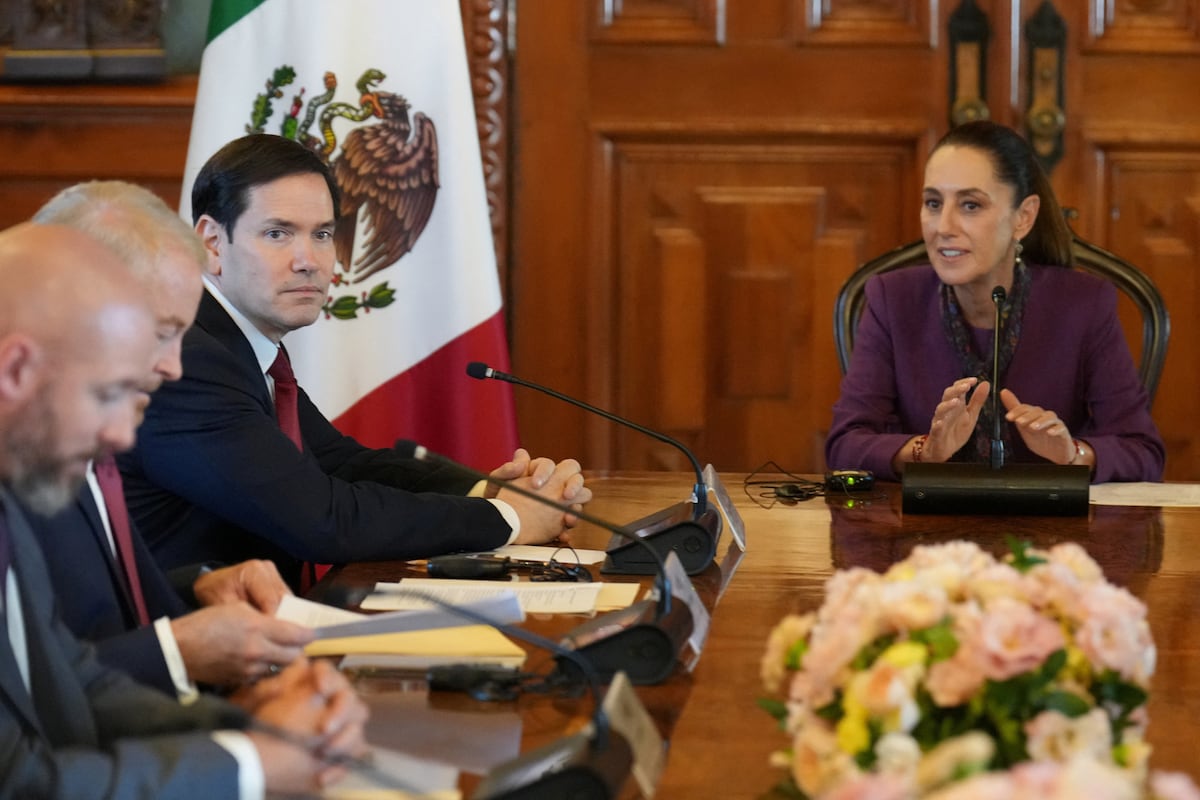
"Mexico is preparing for what promises to be a difficult and lengthy renegotiation process of its trilateral treaty with the United States and Canada. What, according to USMCA regulations, should be a simple periodic review is now emerging as an opportunity for the Donald Trump administrationwhich has pointed out the existence of at least 50 barriers against itto seek to achieve gains not only in its balance of payments, but also in the political and immigration spheres."
"Following U.S. Secretary of State Marco Rubio's visit to Mexico last week, President Claudia Sheinbaum acknowledged that they will review the disagreements one by one. She also warned that her negotiating team will raise protests when the balance tips in favor of Mexico's counterparts. The United States' complaints cover multiple areas, some easier to resolve than others. In a March report, the Office of the U.S. Trade Representative (USTR) argued that Mexican energy policy disproportionately favors state-owned companies, such as Pemex"
"It also pointed to delays in approving health permits that slow the entry of U.S. products, as well as opaque and changing customs procedures that generate uncertainty among exporters. It also questioned Mexico's growing protectionism toward local industriessuch as electronic paymentsand more lax patent policies. It even highlighted that the El Santuario and San Juan de Dios markets in Guadalajara, and Tepito in Mexico City, are on its list of Notorious Markets for Counterfeiting and Piracy,"
Mexico is preparing for a difficult, lengthy renegotiation of the trilateral USMCA treaty after the United States signaled it would use the treaty's periodic review to press multiple complaints. The U.S. administration identified at least 50 barriers and aims for gains in economic, political, and immigration areas. Mexican officials plan to review disagreements individually and will protest outcomes perceived as favoring the United States. U.S. complaints include preferential treatment of state-owned energy firms like Pemex and CFE, delays in health permit approvals, opaque customs procedures, growing protectionism toward local industries, laxer patent policies, and notable markets listed for counterfeiting. Public consultations must begin in the fall.
Read at english.elpais.com
Unable to calculate read time
Collection
[
|
...
]